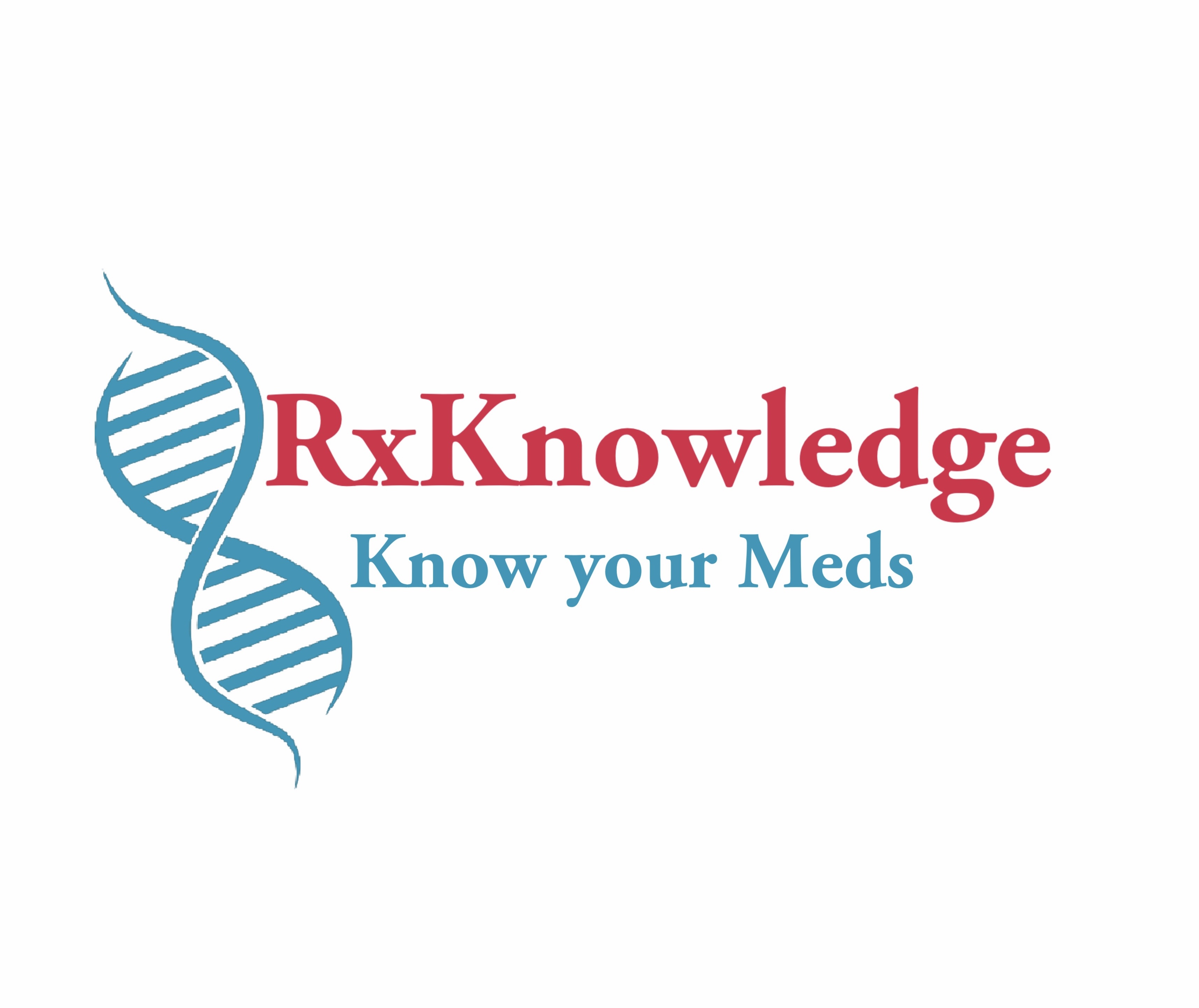
Career path series: Medical information specialist
- Dr Lusia Fomuso
- May 14, 2024
- 2 min read
Unlocking the Role of Pharmacists as Medical Information Specialists: Navigating the Intersection of Medicine and Information
In today's era of information overload, navigating the vast landscape of medical knowledge can be daunting. That's where medical information specialists come in, and pharmacists are increasingly stepping into this role, leveraging their expertise to provide accurate, evidence-based information to healthcare professionals, patients, and the broader community. Let's delve into the world of pharmacist medical information specialists, exploring the education and skills required, as well as salary expectations.
Education and Skills Needed
Becoming a medical information specialist typically begins with a solid educational foundation in pharmacy. Many pharmacists pursue a Doctor of Pharmacy (Pharm.D.) degree, which provides comprehensive training in pharmacology, therapeutics, and patient care. This foundational knowledge is essential for understanding medication-related inquiries and providing evidence-based information.
In addition to their Pharm.D., pharmacists interested in specializing as medical information specialists may pursue additional training or certification in areas such as medical information, drug information, or health informatics. These programs often cover topics such as literature evaluation, medical writing, database management, and information retrieval methods.
In terms of skills, medical information specialists must possess strong research and analytical abilities to evaluate scientific literature and provide accurate responses to inquiries. Excellent communication skills are also essential for effectively conveying complex medical information to diverse audiences, including healthcare professionals, patients, and caregivers. Attention to detail and a commitment to staying abreast of the latest medical developments are also key traits for success in this role.
Salary Expectations
Salary expectations for pharmacist medical information specialists can vary depending on factors such as experience, location, and employer. According to the U.S. Bureau of Labor Statistics, the median annual wage for pharmacists in 2020 was $128,710. However, pharmacists in specialized roles such as medical information specialists may earn more or less depending on their specific role and responsibilities.
Pharmacists working as medical information specialists may be employed by pharmaceutical companies, healthcare organizations, academic institutions, or government agencies. Salaries in these settings can vary based on factors such as the size and scope of the organization, geographic location, and level of experience.
Overall, while salary is an important consideration, many pharmacists are drawn to the role of medical information specialist by the opportunity to utilize their expertise to support evidence-based decision-making in healthcare. By providing accurate and timely information, these professionals play a crucial role in improving patient outcomes, advancing medical knowledge, and enhancing the quality of care.






Comments